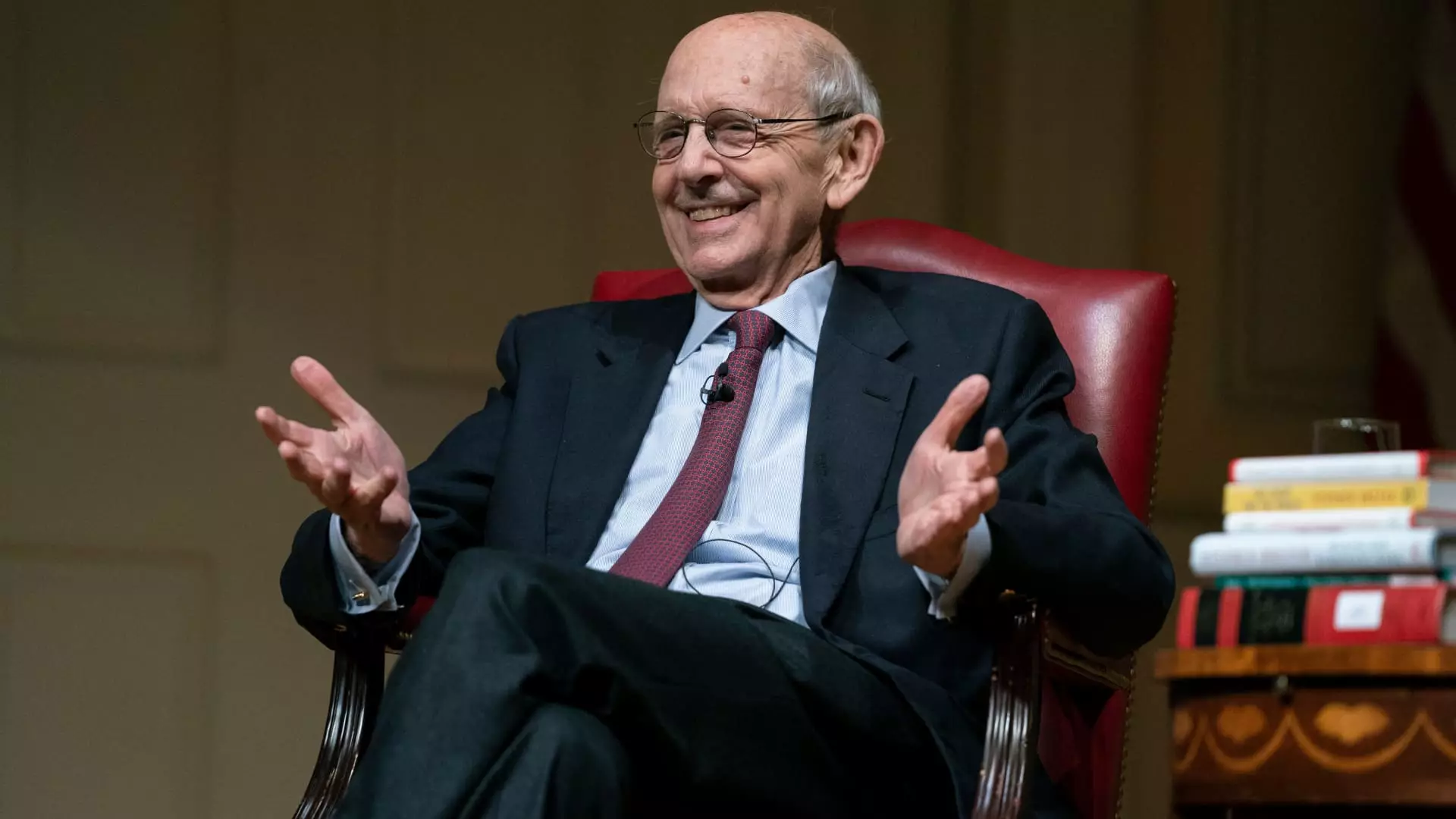Former Supreme Court Justice Stephen Breyer expressed his belief that it is “possible” for the Supreme Court to one day overrule its 2022 decision in Dobbs v. Jackson Women’s Health, which resulted in the overturning of Roe v. Wade. This statement indicates a willingness to consider the potential for change in the Court’s previous rulings, highlighting the evolving nature of judicial interpretation over time.
Breyer also addressed the leak of the majority’s decision to overturn Roe v. Wade prior to the official ruling, describing it as “unfortunate.” This acknowledgment of the premature disclosure of sensitive legal information underscores the importance of maintaining confidentiality and integrity within the legal system to uphold the rule of law.
In response to questions about cases involving former President Donald Trump before the court, Breyer chose to sidestep providing specific comments, citing a lack of sufficient information to form an opinion. This cautious approach reflects a commitment to judicial prudence and impartiality, as judges must refrain from making hasty judgments without a thorough understanding of the legal complexities involved.
Having served on the Supreme Court from 1994 to 2022, Breyer reflected on his experience evaluating significant cases during presidential election years. In particular, he discussed his involvement in the Bush v. Gore case in 2000, where he dissented from the majority opinion regarding the recounting of ballots in Florida. Breyer’s critical assessment of the Court’s decision highlights the importance of judicial independence and the responsibility of justices to uphold the principles of justice and fairness.
In anticipation of the release of his book “Reading the Constitution: Why I Chose Pragmatism, Not Textualism,” Breyer criticized the originalist interpretation of the Constitution, favoring a pragmatic approach instead. By questioning the efficacy of textualism and advocating for a more nuanced understanding of constitutional principles, Breyer highlights the complexity of legal interpretation and the need for a thoughtful and context-sensitive approach to constitutional law.
Overall, Breyer’s statements offer valuable insights into the challenges and responsibilities faced by Supreme Court justices in interpreting the law and deciding on crucial legal issues. His willingness to consider the possibility of revisiting past decisions, his commitment to judicial integrity and impartiality, and his critique of rigid interpretative frameworks demonstrate a thoughtful and principled approach to the practice of law at the highest level of the judiciary.

Leave a Reply